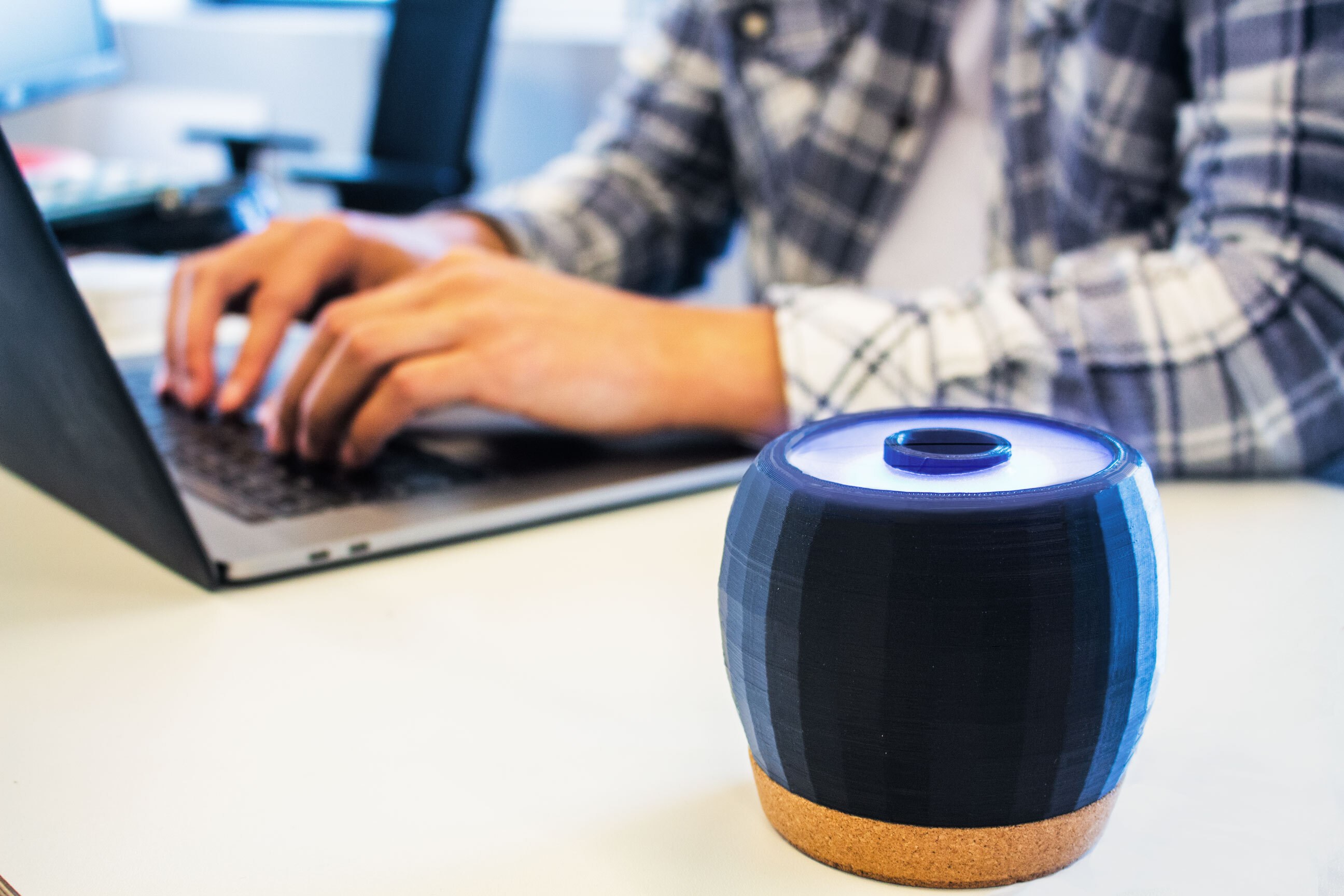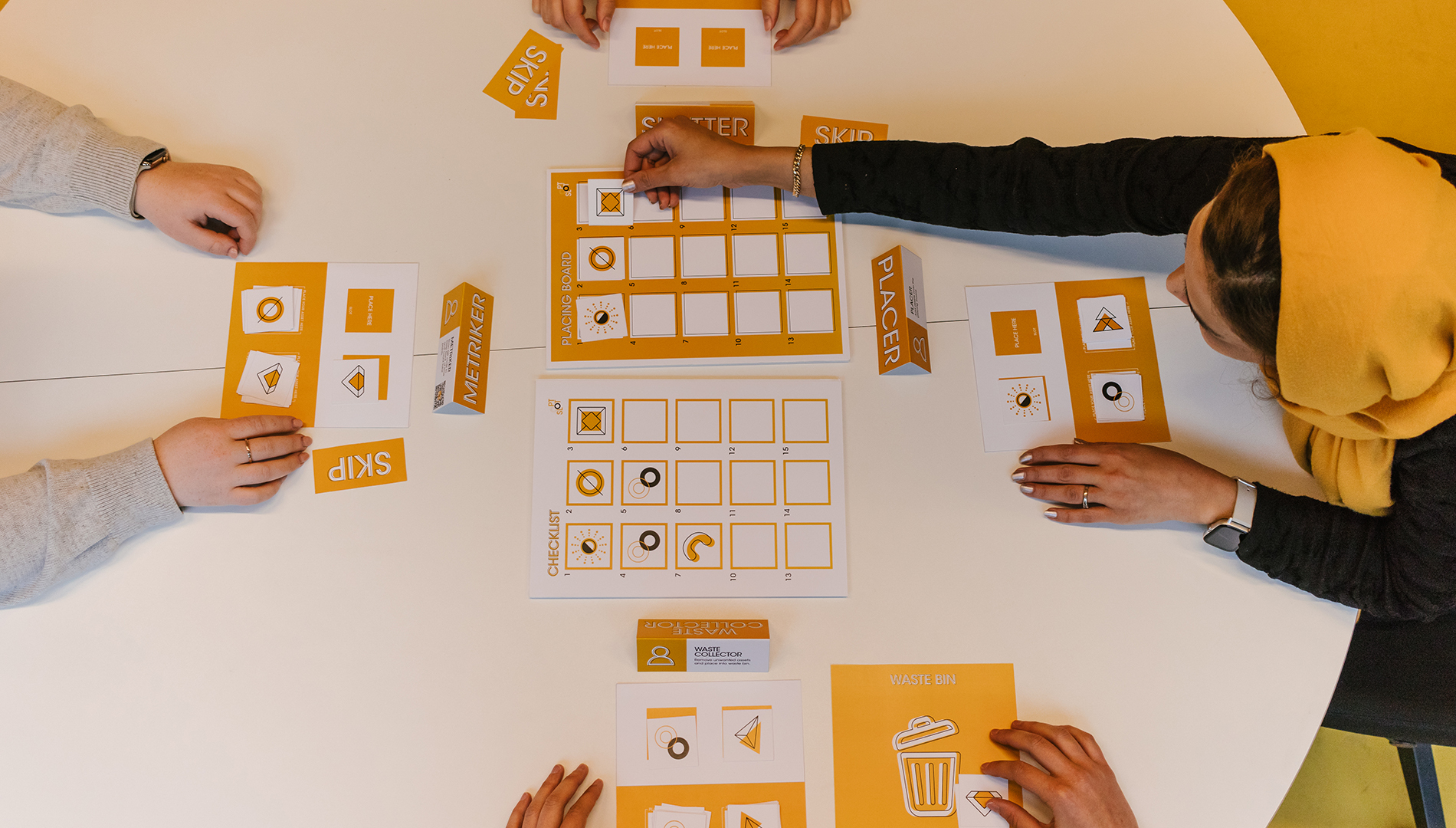
Terra
Beating Cancer a Game at a Time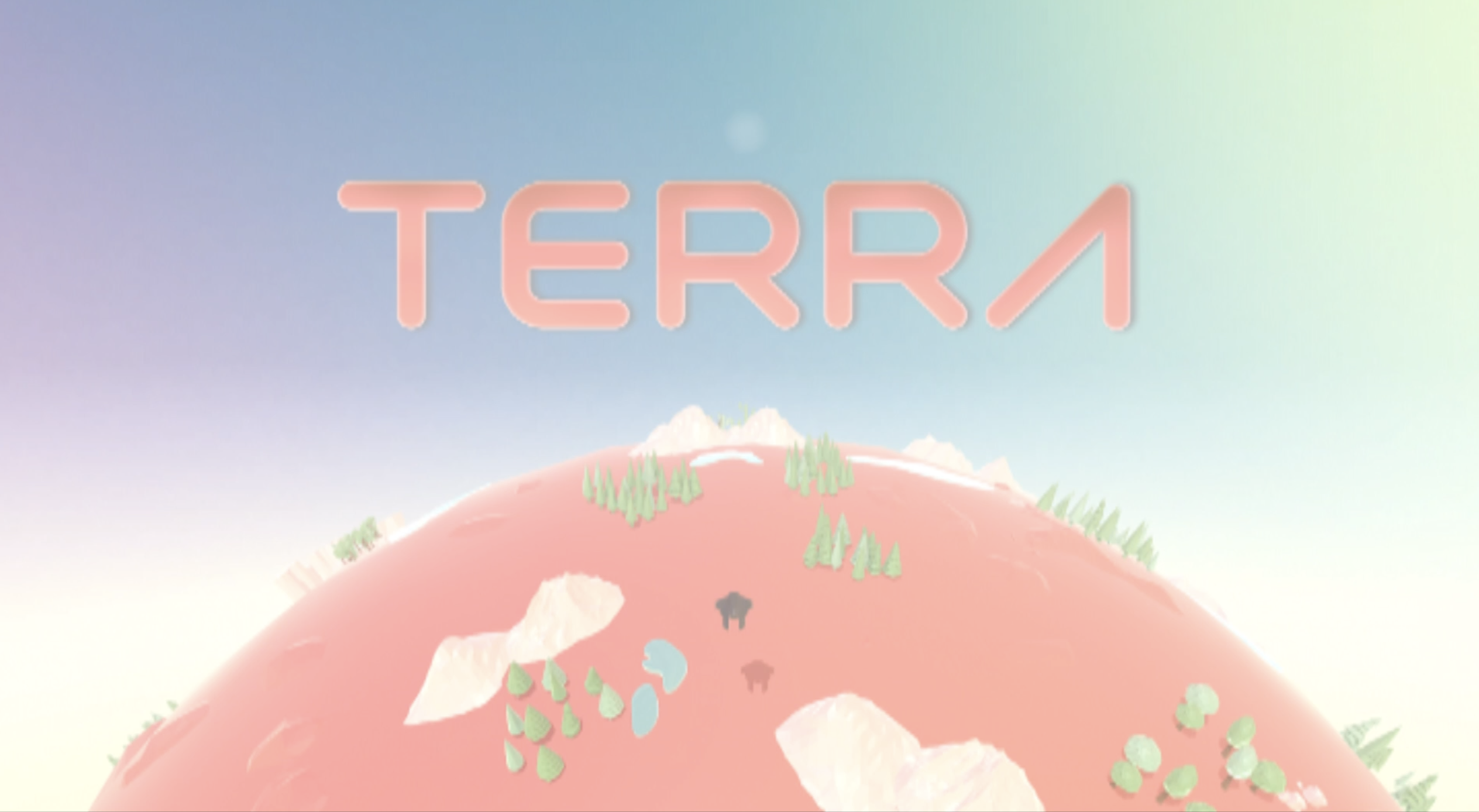
-
Client:
Netherlands Cancer Institute
- Team:
-
Disciplines:
Game Design
-
Schoolyear:
2018 - 2019
Cancer patients, and in particular head and neck and brain cancer patients, often deal with impaired cognitive function due to their treatment (radiation, chemotherapy, and surgery). Recent research has shown that aerobic exercise has a positive effect on a patient’s quality of life in general but also, especially, on the speed and effectiveness of cognitive rehabilitation therapy.
Examples of impaired cognitive function include forgetfulness and problems with information processing, concentration, and planning. These impairments have significant impact on patients’ daily lives: they are mentally fatigued, participate less in society, and have more trouble keeping up with therapy.
In light of the positive effects that aerobics has on these patients, the Netherlands Cancer Institute asked us to combine this kind exercise with brain training. The idea was to have a fun, immersive, game-like experience for improved cognitive rehabilitation treatment and therapy adherence.
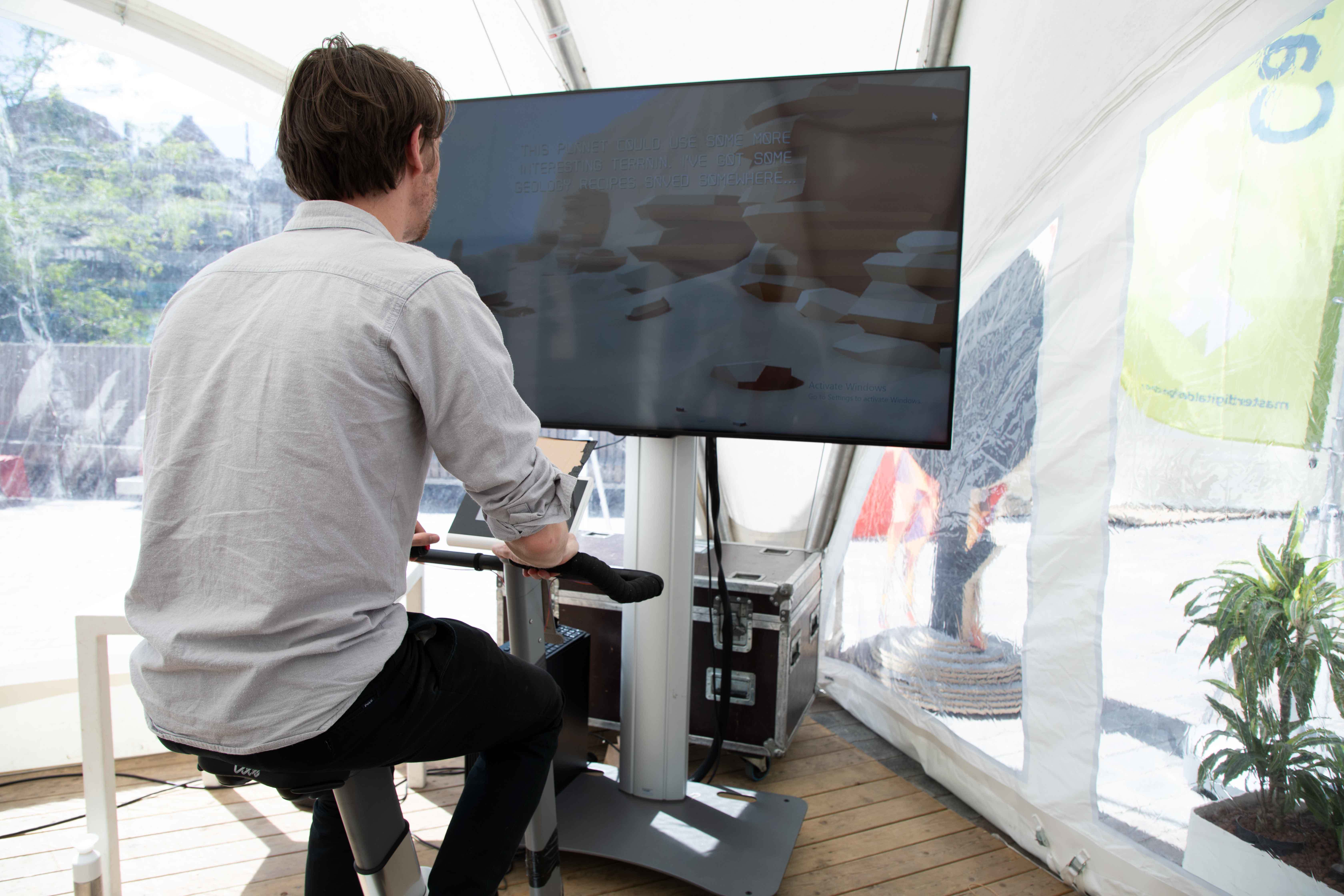
Empowering users
There were many considerations to keep in mind as we worked with a vulnerable population: the experience had to be safe, easily implementable, individually tailored to each patient's capabilities, progressively challenging, and suitable for a 40+ target audience. Our primary goal, however, was to make users felt empowered in their day-to-day lives.
With the goal of empowerment in mind, we made two key design decisions: in order to not confront our users with their current state of health, we refrained from using a human representation of them in the game. We also decided to include the concept of mirroring: as players improve within the game, their representation within the game improves, and vice versa.
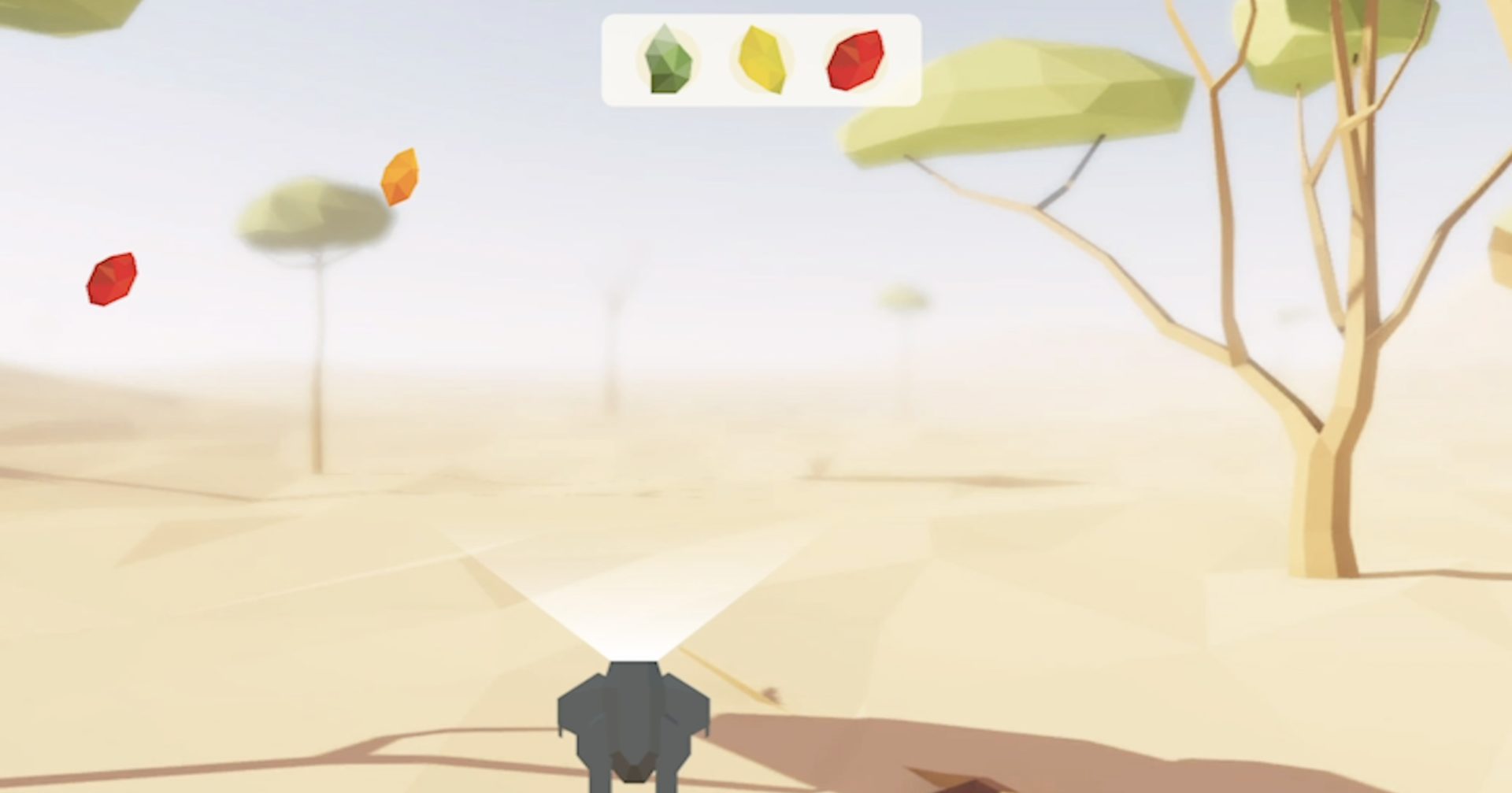
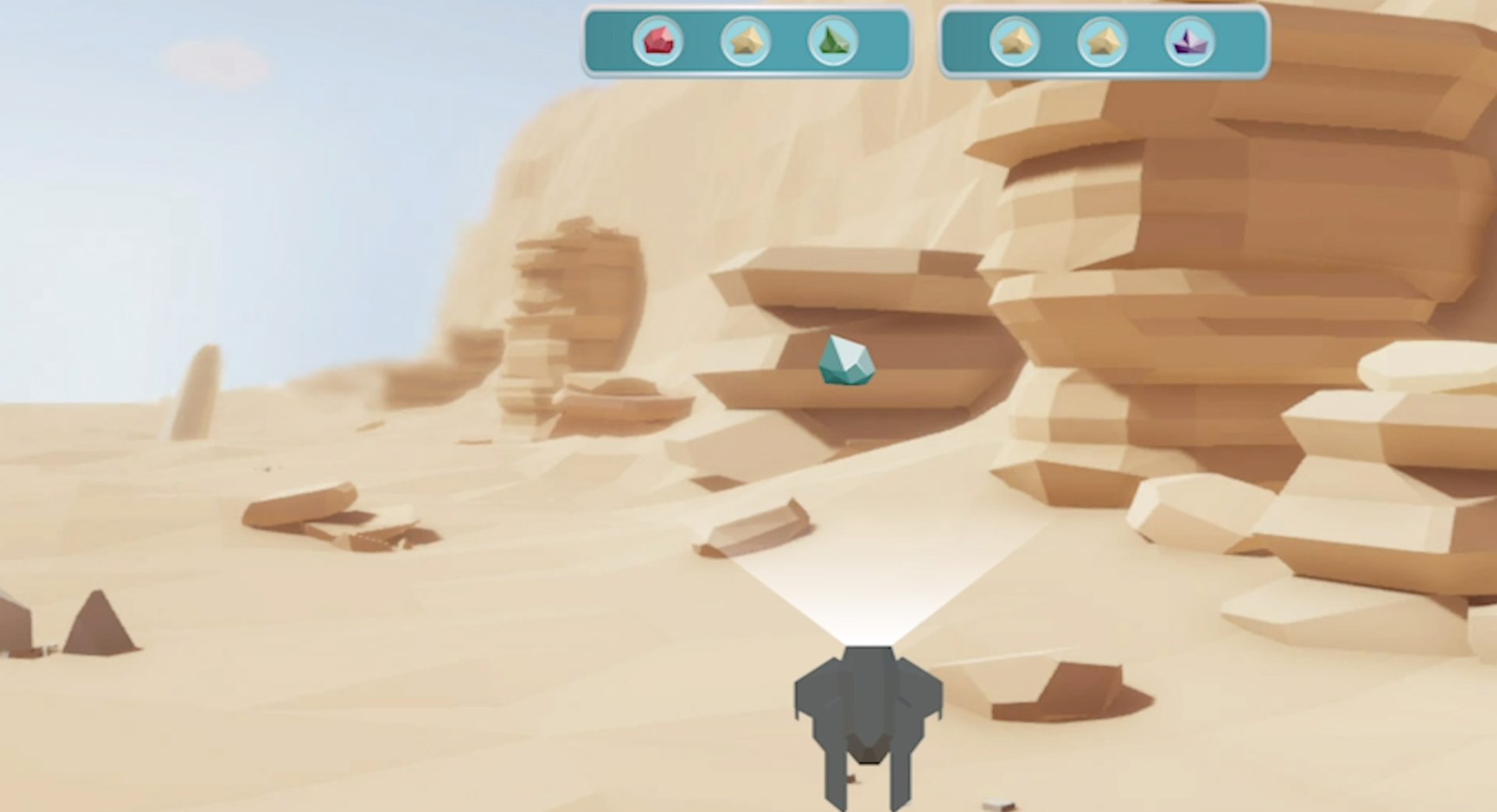
Building a world
Through research and several ideation sessions, we came upon a a fitting analogy: terraforming. Our users are entrusted with exploring, transforming and nurturing a tiny world: from the discovery of a barren planet to gardening it into a thriving ecosystem, complete with lakes and rivers, mountain ranges, forests, and even new undiscovered species.
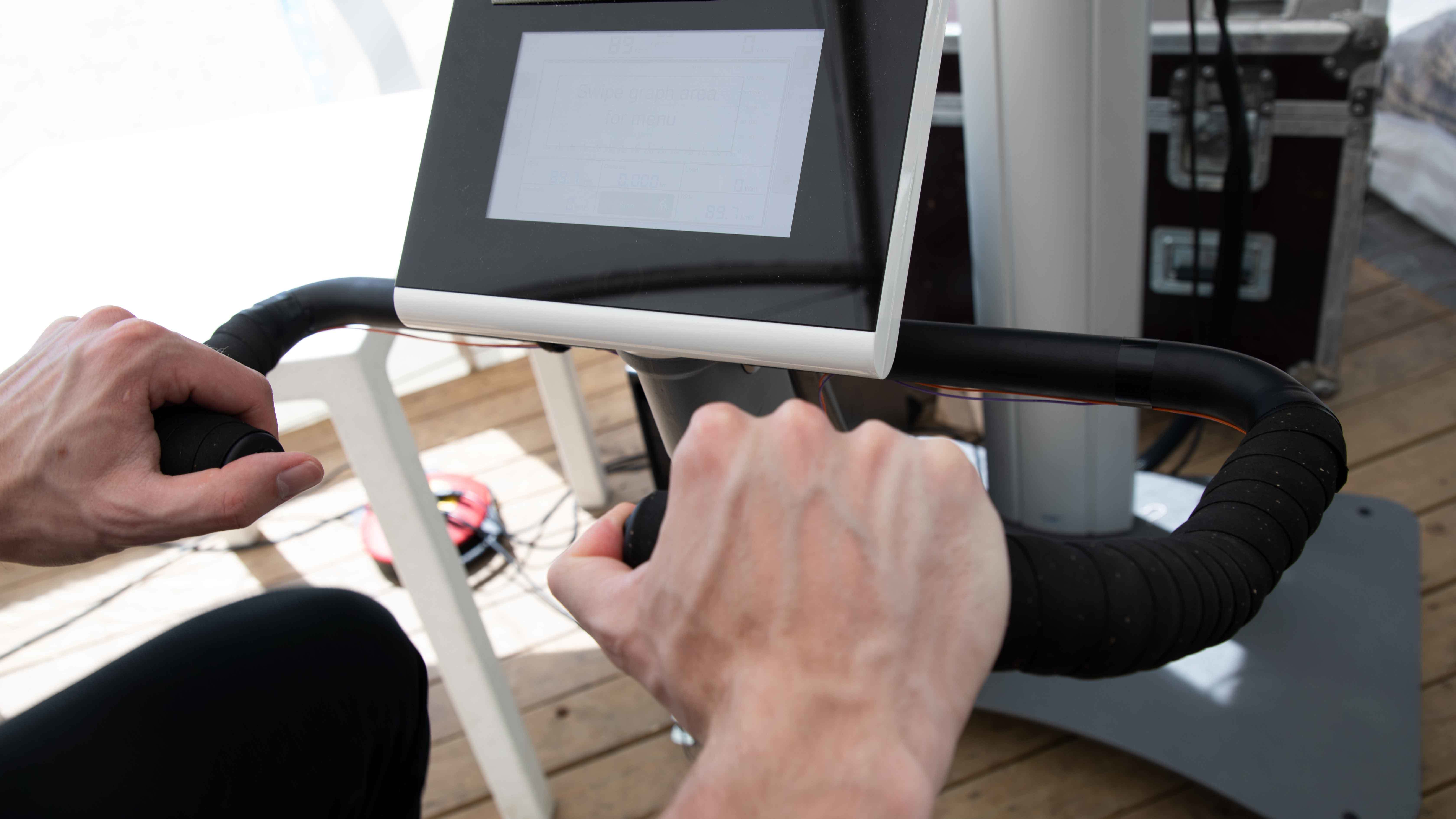
The concept
Terra is played on a smart exercise bike connected to a Unity game environment, displayed on screen. For our prototype we used a bike donated to us by ProCare. The gameplay is based on a common physiotherapy treatment plan: alternating between high and low intensity cycling stages. During the game players explore and terraform a planet using resources that they’ve earned in cognitive games.
During low-intensity cycling stages, users play a cognitive game tasking them to follow and complete recipes. By completing a recipe the player earns new kinds of vegetation, terrain, or organisms to grow on their planet. The game targets brain-training strategies such as planning and divided attention. Each high-intensity cycling stage subsequently gives players the chance to explore and nurture their world.
Future Steps
The design serves as a proof of concept for requesting further research funding. The final aim is to expand the game to a multi-week trial that can be implemented in a hospital or physiotherapy setting.
